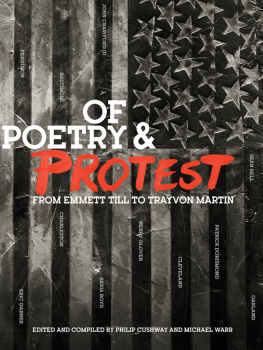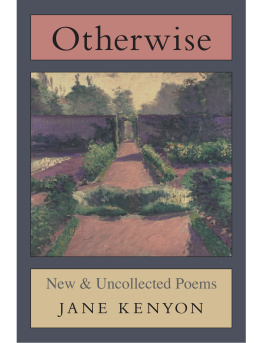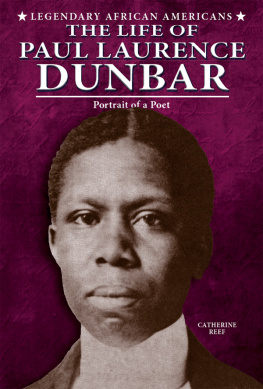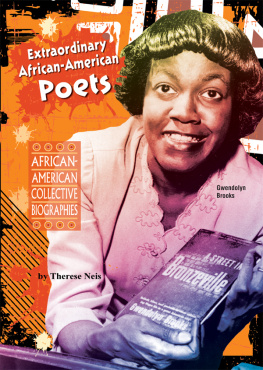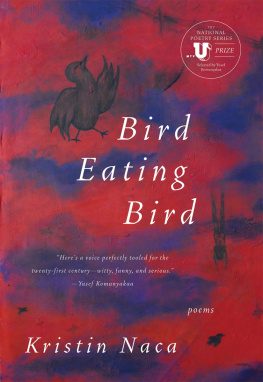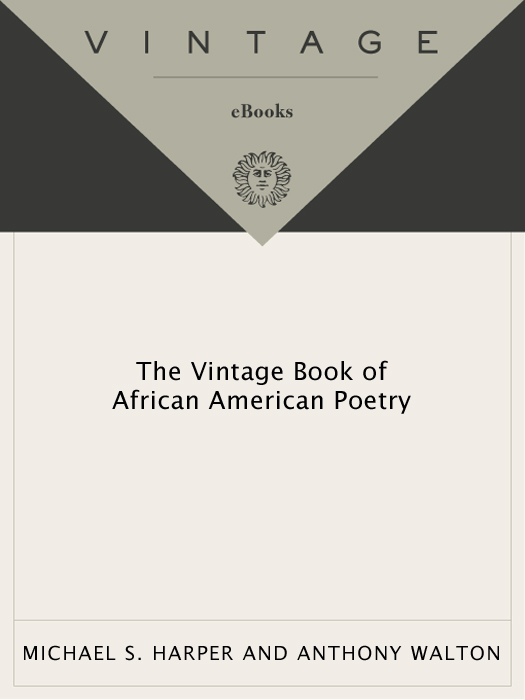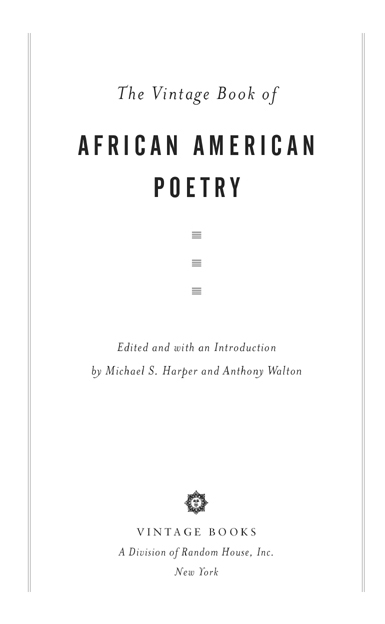MICHAEL S. HARPER
and
ANTHONY WALTON
The Vintage Book of African American Poetry

Michael S. Harper is the author of nine books of poetry:
Songlines in Michaeltree; Honorable Amendments; Dear John, Dear Coltrane; History Is Your Own Heartbeat; Song: I Want a Witness; Debridement; Nightmare Begins Responsibility; Images of Kin; and
Healing Songs for the Inner Ear. He has twice been nominated for the National Book Award and has been cited or given awards by the National Institute of Arts and Letters, the National Endowment for the Arts, and the Guggenheim Foundation. He is University Professor, Brown University, and lives in Providence, Rhode Island. Anthony Walton is the author of a memoir,
Mississippi: An American Journey. His poems have appeared widely in magazines, including
The Kenyon Review and
The Oxford American. He is a graduate of the University of Notre Dame and Brown University, and the recipient of a 1998 Whiting Writers Award.
A VINTAGE ORIGINAL, FEBRUARY 2000Copyright 2000 by Michael S.A VINTAGE ORIGINAL, FEBRUARY 2000Copyright 2000 by Michael S.
Harper and Anthony Walton All rights reserved under International and Pan-American Copyright Conventions. Published in the United States by Vintage Books, a division of Random House, Inc., New York, and simultaneously in Canada by Random House of Canada Limited, Toronto. Vintage and colophon are registered trademarks of Random House, Inc. Library of Congress Cataloging-in-Publication Data
The Vintage book of African American poetry / edited by Michael S. Harper and Anthony Walton.
p. cm.
A Vintage original.
Includes bibliographical references.
eISBN: 978-0-307-76513-0
1.
American poetryAfro-American authors. 2. Afro-AmericansPoetry. I. Harper, Michael S., 1938 . II.
Walton, Anthony, 1960 .
PS591.N4V56 2000
811.0080896073dc21 99-39428
CIP www.vintagebooks.com v3.1 For our parents
Walter Warren Harper
Katherine Johnson Harper (19131988)
and
Claude Edward Walton
Dorothy Cannon Visor Walton
who believed the burden of past, present, and future is best handled with the grip of literacy
ACKNOWLEDGMENTS
The editors would like to acknowledge Deborah Murphy and Rowan Ricardo Phillips for their work on the headnotes and bibliography. They would also like to thank the editor, Robert Grover, for his diligence and good humor throughout the project, and their agent, Sloan Harris, for riding shotgun.
CONTENTS
INTRODUCTION
I t is highly likely that the story of the people known as African Americansthe chronicle of their journey from captivity to an ever-evolving and complicated status as full members of American societywill become one of the most inspiring narratives in the development of human aspiration from the Dark Ages to the Space Age. The poetry of this group, ranging from the plaintive classicism of slave-born Phillis Wheatley:
Filled with the praise of him who gives the light,And draws the sable curtains of the night,Let placid slumbers soothe each weary mind,At morn to wake, more heavenly, more refined. (An Hymn to the Evening) to the jazzy irony of Elizabeth Alexander, born some two hundred years later, in her dramatic monologue of the global sports hero Muhammad Ali:
I said to Joe Frazier,Alwayskeep one good Cadillac.And watch how you dresswith that cowboy hat,pink suits, white shoesthats how pimps dress,or kids, and you a champ,or wish you were, causeI can whip you in the ringor whip you in the street has served as pulse and barometer of both the panoramic American scene and the lives, individual and collective, of the members of one of its most integral ethnic groups. America was the first true experiment in democracy in human history; the treatment of African Americans has been both this countrys greatest triumph and its greatest failing. The Negro, Richard Wright wrote, is Americas metaphora people uprooted from a traditional homeland and left to survive, endure, and create self and soul in a strange and hostile environment.
The experience of American blacks offers not a marginal but an essential glimpse into this countryits darkest and brightest aspects, its promised equality and entrenched hierarchy, the violence upon which it was founded and the hope toward which it fitfully moves. Our founding documents, despite their rhetoricwe hold these truths to be self-evident, that all men are created equalwere never intended by their authors, many of them slaveholders, to be inclusive. But through what Kenneth Burke calls the power of the negative (when we say that we are something, for example a democracy, this implies that we are not something else, a feudal state), we are constantly prodded toward their stated truths. African Americans have from the outset been at the heart of this push-and-pull. As Ralph Ellison wrote: Materially, psychologically, and culturally, part of the nations heritage is Negro American, and whatever it becomes will be shaped in part by the Negros presence. Which is fortunate, for today it is the black American who puts pressure upon the nation to live up to its ideals.
There is another sense, beyond this reminder of the distance between our ideals and fact, in which African American culture and its artifacts are not just of marginal but of central importance to the nation. To be American is to be in constant search of ones identity. Richard Slotkin, in his brilliant trilogy Regeneration Through Violence, The Fatal Environment, and Gunfighter Nation, argues that our national identity has in large part been formed by insecurity, Europeans needing in this strange land to justify their leaving the old country by claiming as their own the virtues and native mores of the new land, while at the same time asserting cultural superiority over the new lands native inhabitants by claiming as their own the Old Worlds values. Our national identity has thus been formed as a constant flux of appropriation and contrast from and with the margins of society. This pattern continues to the present daywitness popular slang and pop music, with its use of black hip-hop beats and attitude, as they play against the persistent racism of our social institutions in what Ellison termed the antagonistic cooperation that unifies the country. Understanding this paradox of the mainstreams relationship to minority groups is essential in assessing any aspect of black culturefor as much as it has been mocked and dismissed as ethnic, this culture is and always has been a fundamental part of who we are, who we all are, shaping everything from dress and music to speech itself, in what Ellison called the stretching, modifying, and expanding of the American tongue.
Insofar as their culture and work can be separated out, African American artists, in this instance African American poets, forced by the dominant culture, which constantly negates them, to question what it means to be human, American, and black, have kept closest in their writing to the definitive American quest for identity. Their work represents a unique blending of the public and private, as the lonely existential search for self-definition and transcendence becomes by necessity a public journey toward voice and freedom. This quest for identity and a belonging that will not compromise the self is the theme, if there can be said to be one theme, that animates the tradition from its beginning. To quote the spiritual, the endeavors of these authors are those of a true believer far from home. 



